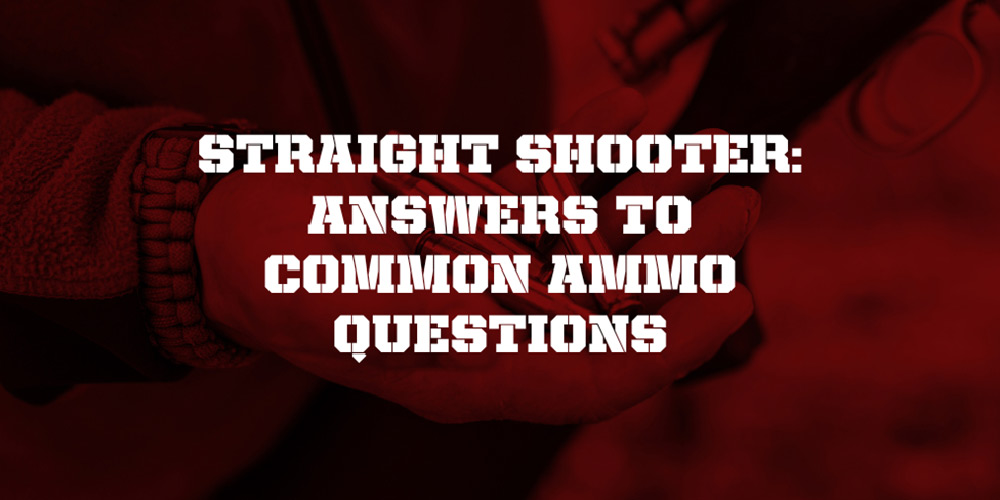
Questions surrounding ammunition are as numerous as spent shells at a shooting range.What’s the best hunting and shooting ammo to use; which is the most cost efficient; how do weather conditions affect performance; who are the most trusted ammo manufacturers…
Out of this crowded field of queries shoot out a number that shows up with more frequency, according to Tom McHale, a National Rifle Association instructor, writing on usconcealedcarry.com.
Are full metal bullets detrimental to your firearm? Going against the typical response order, no and yes.
The jacket allows for higher pressure and temperature. This prevents the softer lead from melting or wearing off in the barrel. Conversely, as the jacket is forced through the barrel it creates more wear and tear on the steel. This is more of an issue with handguns since they operate at a much lower pressure and velocity than rifles.
McHale uses a football analogy to answer the question of what improves when a bullet spins. Just as a pass thrown by rocket armed John Elway went faster and farther due to the spin he imparted on the ball; a bullet acts in the same way when the proper spin is placed on it and produces a euphoric touchdown for the shooter.
The next question in McHale’s firing line is what’s the best ammo for a 9 mm gun. For range shooting, safe and inexpensive ammo is recommended. In competition, accuracy, reliability and certain power standards are key factors. For self-defense, the ammunition varies and is based on the intended purpose and type of firearm.
Finally, there’s the question, Are hollow point bullets more deadly? McHale points out they aren’t designed to kill more effectively. They’re made to incapacitate more quickly, with the expanding effect causing more damage with each shot. Used against an attacker, it could stop the individual faster and with fewer shots.
Note: The information provided in this article is intended for general informational purposes only. We assume no responsibility for the accuracy, completeness, or timeliness of the information presented herein.
Regulations can vary greatly by location, and they are subject to change at any time due to legislative updates, legal interpretations, or other factors beyond our control. It is imperative that readers verify the current ammunition regulations in their specific jurisdiction through official government sources, law enforcement agencies, or legal professionals before making any decisions or taking any actions related to ammunition possession, purchase, or use.
We disclaim any liability for any loss, injury, or damage incurred as a result of the use or misuse of the information contained in this article.